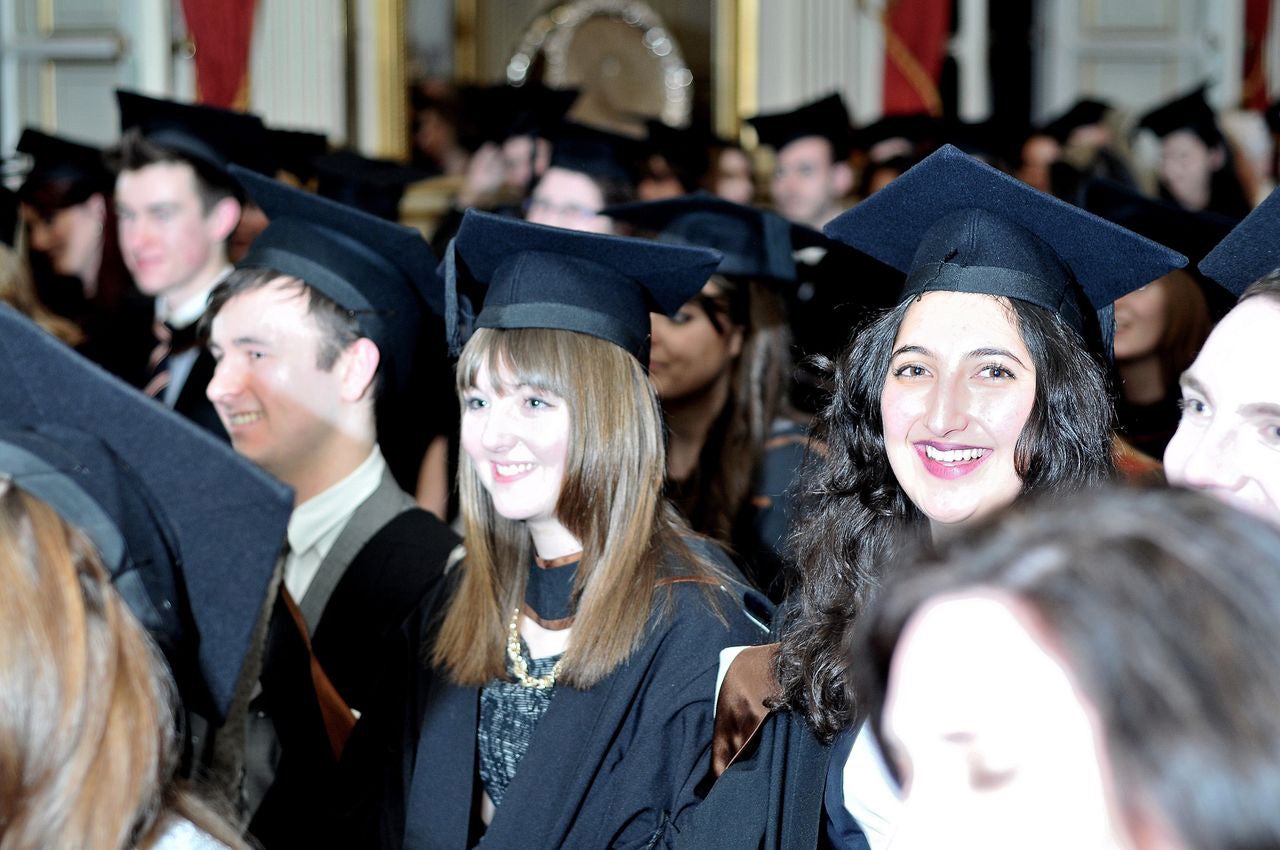
Your support helps us to tell the story
From reproductive rights to climate change to Big Tech, The Independent is on the ground when the story is developing. Whether it's investigating the financials of Elon Musk's pro-Trump PAC or producing our latest documentary, 'The A Word', which shines a light on the American women fighting for reproductive rights, we know how important it is to parse out the facts from the messaging.
At such a critical moment in US history, we need reporters on the ground. Your donation allows us to keep sending journalists to speak to both sides of the story.
The Independent is trusted by Americans across the entire political spectrum. And unlike many other quality news outlets, we choose not to lock Americans out of our reporting and analysis with paywalls. We believe quality journalism should be available to everyone, paid for by those who can afford it.
Your support makes all the difference.
History: Set up by an English woman, Edith Williams, in 1894 with the help of the then British Ambassador, Lord Dufferin. The Institute's original name was the Guilde Franco-Anglaise, and its aim was to improve the level of French spoken by the British. Later on, as part of the Entente Cordiale, the school became the British Institute in Paris (BIP). As of January 1, 2005, its title changed to the University of London Institute in Paris (ULIP).
Address: Based in a traditional Parisian building, in a great location overlooking the Esplanade des Invalides.
Ambience: Right in the heart of things, only a 10-minute walk from the Champs Elysées. It is also only a short distance from the spectacular Musée d'Orsay, and the artistic Latin Quarter.
Who's the boss? Professor Andrew Hussey, dean of the institute, author of Paris - The Secret History and formerly at UWA Aberystwyth. Professor Geoffrey Crossick is vice-chancellor of the University of London.
Prospectus: (0033) 144 11 73 73 or visit the website here.
UCAS code: P26
What you need to know
Easy to get into? Pretty tough. The standard offer is ABB with at least a B in French, but all short-listed candidates are interviewed and offers are based on individual profiles.
Vital statistics: The institute, part of the University of London, is the only UK university institute in continental Europe. There is a BA in French studies, an MA in Paris studies and various PhD’s on offer, the former involving a three-year stay in Paris. Both these qualifications are awarded by the University of London. Part of a consortium of two other colleges, Royal Holloway and Queen Mary.
Added value: The institute sees itself as being right at the heart of French intellectual and cultural life. It offers courses on contemporary French culture, which include modules on theatre, cinema and Paris' many museums. The institute has a students' union, which has various clubs including a football team and a theatre group. In summer 2013 the university undertook major renovations to the building, creating a new cafeteria and student common room space and a new lecture theatre.
Teaching: Each student is assigned a member of full-time academic staff who acts as their personal adviser throughout their time in Paris to assist with both academic and personal matters. A student staff committee also meet at least once every semester.
Any accommodation? The university have a partnership with 5 residences from the group Les Estudines, who provide student accommodation in Paris and on the outskirts, with prices starting from £595 per month. They also have a small database of private landlords.
Cheap to live there? No. A flatshare will set you back at least £395 a month. However, home and EU students are able to receive housing benefit up to £158 a month.
Transport links: Right next door to the Invalides metro stop. The institute is also easily accessible from the regional express network. Paris is only an hour's flight from London, or two and hours by Eurostar. The city's public transport network is great, so getting around shouldn't be a problem.
Fees: Full-time home and EU undergrads pay the full £9,000 tuition fee per year.
Bursaries: Students in receipt of a full-time maintenance allowance with an annual household income of less than £25,000 are likely to be eligible for £3,000 for the first year of undergraduate study. Click here to see if you're eligible.
The fun stuff
Nightlife: Buzzing although pricey. Café culture is still the bedrock of Parisian life, while the city has enough variety to satisfy most needs.
Glittering alumni: Françoise Gilot, Picasso's partner between 1944 and 1953; newsreader Fiona Bruce studied a year abroad there.
Join our commenting forum
Join thought-provoking conversations, follow other Independent readers and see their replies
Comments